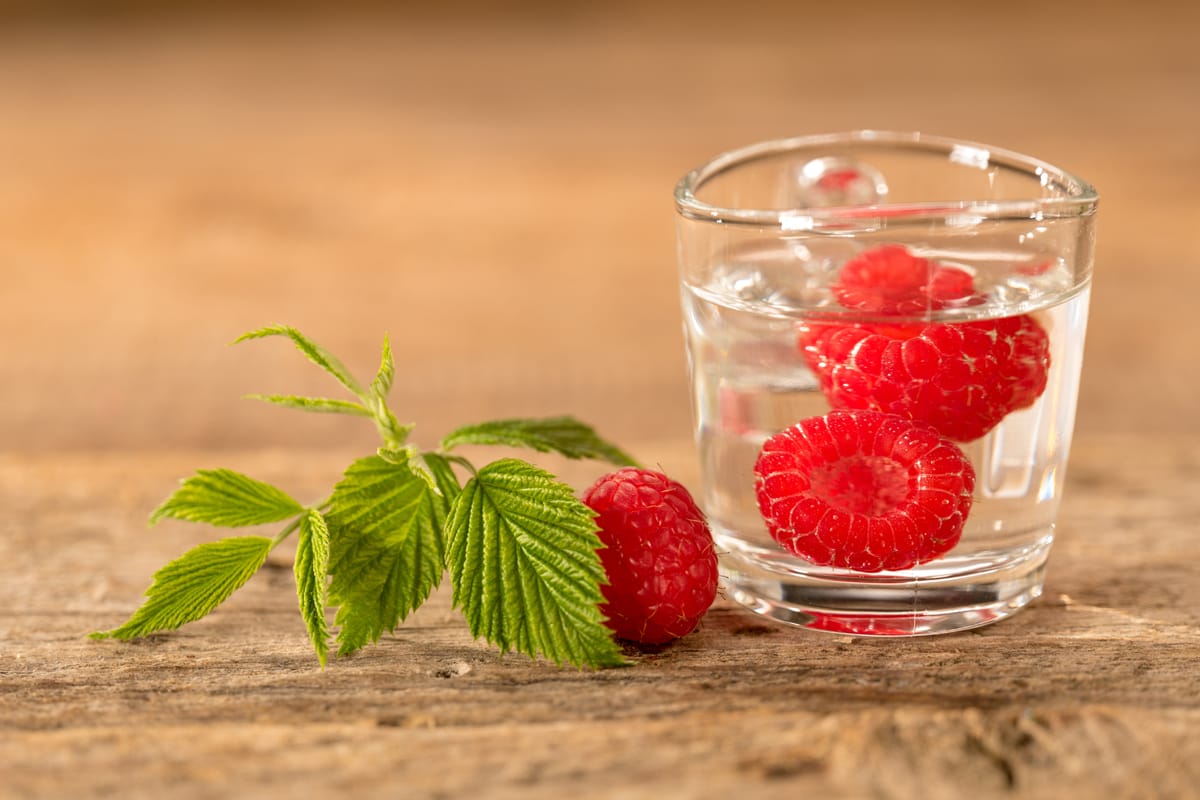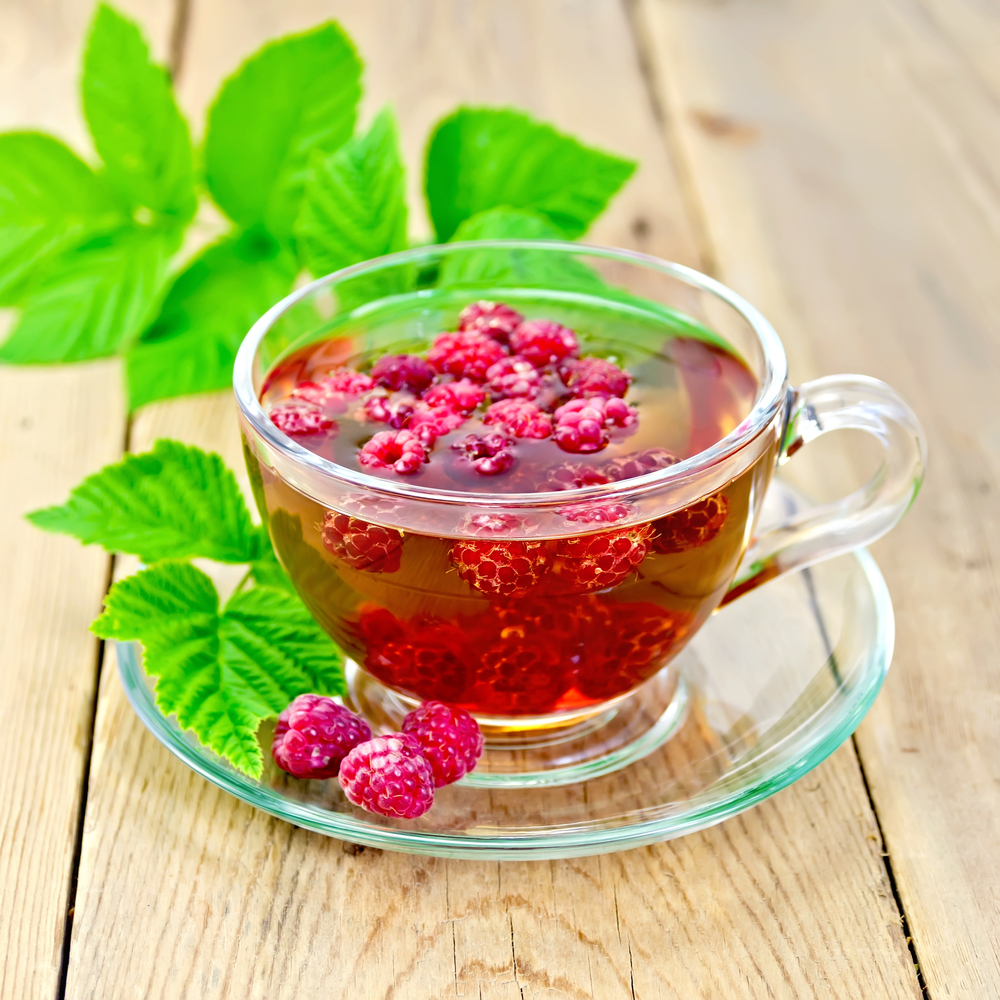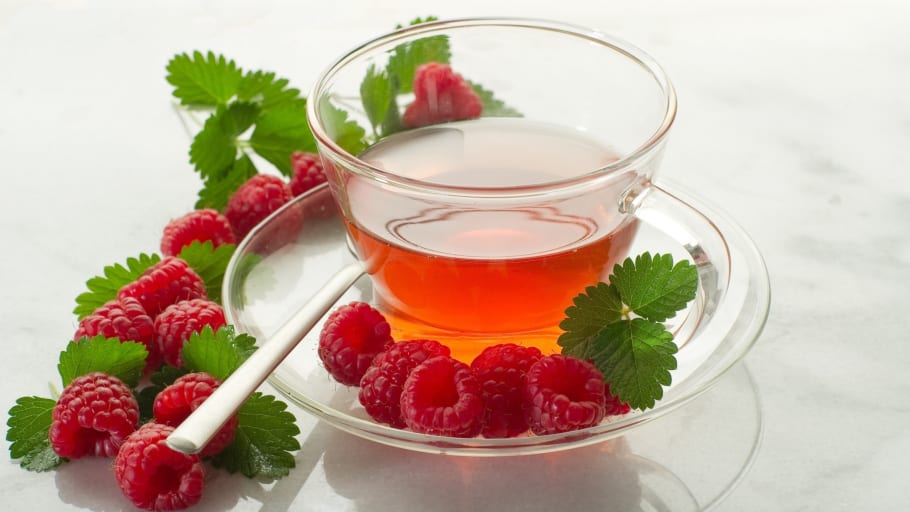
Unveiling the Benefits of Red Raspberry Leaf Tea
Introduction
In the realm of herbal teas, few have gained as much acclaim and recognition as the humble red raspberry leaf tea. Derived from the leaves of the raspberry plant, this naturally caffeine-free beverage has been cherished for centuries for its numerous health benefits and versatility. Whether you’re a seasoned tea enthusiast or simply seeking a refreshing and nourishing alternative, red raspberry leaf tea offers a delightful journey of flavors and wellness.
A Brief History
The use of red raspberry leaves can be traced back to ancient times, with various cultures recognizing their medicinal properties. In traditional Native American practices, red raspberry leaf tea was highly regarded for its ability to support women’s reproductive health, particularly during pregnancy and childbirth. Greek and Roman physicians also documented the use of raspberry leaves for their astringent and tonic qualities.
Throughout the centuries, red raspberry leaf tea has remained a staple in many households, valued for its unique flavor profile and purported benefits. Today, it has gained widespread popularity as a natural remedy and a delightful addition to any tea collection.
Nutritional Composition
Red raspberry leaves are a rich source of various essential nutrients and compounds that contribute to their therapeutic properties. Some of the key components include:
- Vitamins: Red raspberry leaves are abundant in vitamins C, E, and K, as well as several B vitamins, which play crucial roles in maintaining overall health and well-being.
- Minerals: These leaves are a good source of minerals like iron, magnesium, potassium, and calcium, which are essential for various bodily functions.
- Antioxidants: Red raspberry leaves contain powerful antioxidants, such as gallic acid, quercetin, and anthocyanins, which help protect the body against oxidative stress and free radical damage.
- Tannins: The astringent properties of red raspberry leaf tea are attributed to its high tannin content, which can contribute to various health benefits.
Potential Health Benefits
While more scientific research is still needed to fully understand the extent of red raspberry leaf tea’s benefits, numerous studies and anecdotal evidence suggest that this herbal infusion may offer a range of potential advantages. Here are some of the most noteworthy:
Reproductive Health Support
Perhaps the most well-known benefit of red raspberry leaf tea is its potential to support women’s reproductive health, particularly during pregnancy and childbirth. This herbal tea is believed to help tone the uterus, prepare the body for labor, and potentially alleviate associated discomforts. However, it’s important to consult with a healthcare professional before consuming red raspberry leaf tea during pregnancy.
Menstrual Regulation
Many women have reported that drinking red raspberry leaf tea can help regulate their menstrual cycles and alleviate associated symptoms, such as cramps and discomfort. The tea’s astringent properties may contribute to its potential to ease menstrual irregularities and promote overall reproductive health.
Anti-inflammatory Properties
The antioxidants and other compounds present in red raspberry leaves have been studied for their potential anti-inflammatory effects. Some research suggests that red raspberry leaf tea may help reduce inflammation in the body, which could be beneficial for conditions like arthritis, gout, and other inflammatory disorders.
Digestive Health Support
The tannins found in red raspberry leaf tea may contribute to its potential benefits for digestive health. This herbal infusion is believed to possess astringent properties that can help alleviate diarrhea, improve nutrient absorption, and promote overall digestive well-being.
Skin Health
Red raspberry leaf tea is rich in vitamin C and other antioxidants, which may help protect the skin from oxidative stress and promote a healthy complexion. Additionally, the astringent properties of the tea may aid in toning and tightening the skin, potentially reducing the appearance of fine lines and wrinkles.

Brewing and Enjoying Red Raspberry Leaf Tea
While red leaf tea is widely available in pre-packaged tea bags or loose leaf form, there’s nothing quite like brewing it fresh from the dried leaves. Here’s a simple guide to preparing a delicious cup of this herbal delight:
- Ingredients:
1-2 teaspoons of dried red raspberry leaves
8 ounces of hot water
Optional: honey, lemon, or other desired sweeteners or flavorings
Instructions:
1. Bring fresh, filtered water to a gentle boil.
2. Place the dried red raspberry leaves in a tea infuser, tea ball, or directly into a teapot or mug.
3. Pour the hot water over the leaves and allow them to steep for 5-7 minutes.
4. Remove the tea infuser or strain the leaves if brewing directly in a pot or mug.
5. Add honey, lemon, or any other desired sweeteners or flavorings to taste.
6. Enjoy your warm, soothing cup of red raspberry leaf tea.
Safety and Precautions
While red raspberry leaf tea is generally considered safe for most individuals, it’s essential to exercise caution and moderation when consuming any herbal supplement. Here are some important points to keep in mind:
- Consult with a healthcare professional, especially if you are pregnant, breastfeeding, or have any underlying medical conditions.
- Avoid excessive consumption, as high doses of red raspberry leaf may potentially cause side effects like nausea, vomiting, or diarrhea.
- Discontinue use and seek medical advice if you experience any adverse reactions after consuming red leaf tea.
- Exercise caution when combining red leaf tea with medications. As it may interact with certain drugs or alter their effectiveness.
Conclusion
In conclusion, red leaf tea offers a natural and nourishing option for individuals seeking a flavorful and healthful beverage. With its rich nutrient profile, including vitamins, minerals, and antioxidants. This herbal tea can provide a range of potential health benefits. Whether consumed for its reputed support of women’s reproductive health, its relaxing properties, or its potential anti-inflammatory effects, red raspberry leaf tea has gained popularity as a holistic and traditional remedy.
Furthermore, the versatility of red leaf tea allows for both hot and iced preparations, catering to different preferences and occasions. Its subtly sweet and earthy flavor makes it a delightful choice for those seeking an alternative to caffeinated beverages or sugary drinks.
Ultimately, red leaf tea offers a natural and holistic approach to wellness, providing individuals with a nourishing and comforting beverage option. By embracing the potential benefits and delightful flavor of this herbal tea. Individuals can incorporate a healthful and traditional beverage into their daily routine, promoting overall well-being and enjoyment.




